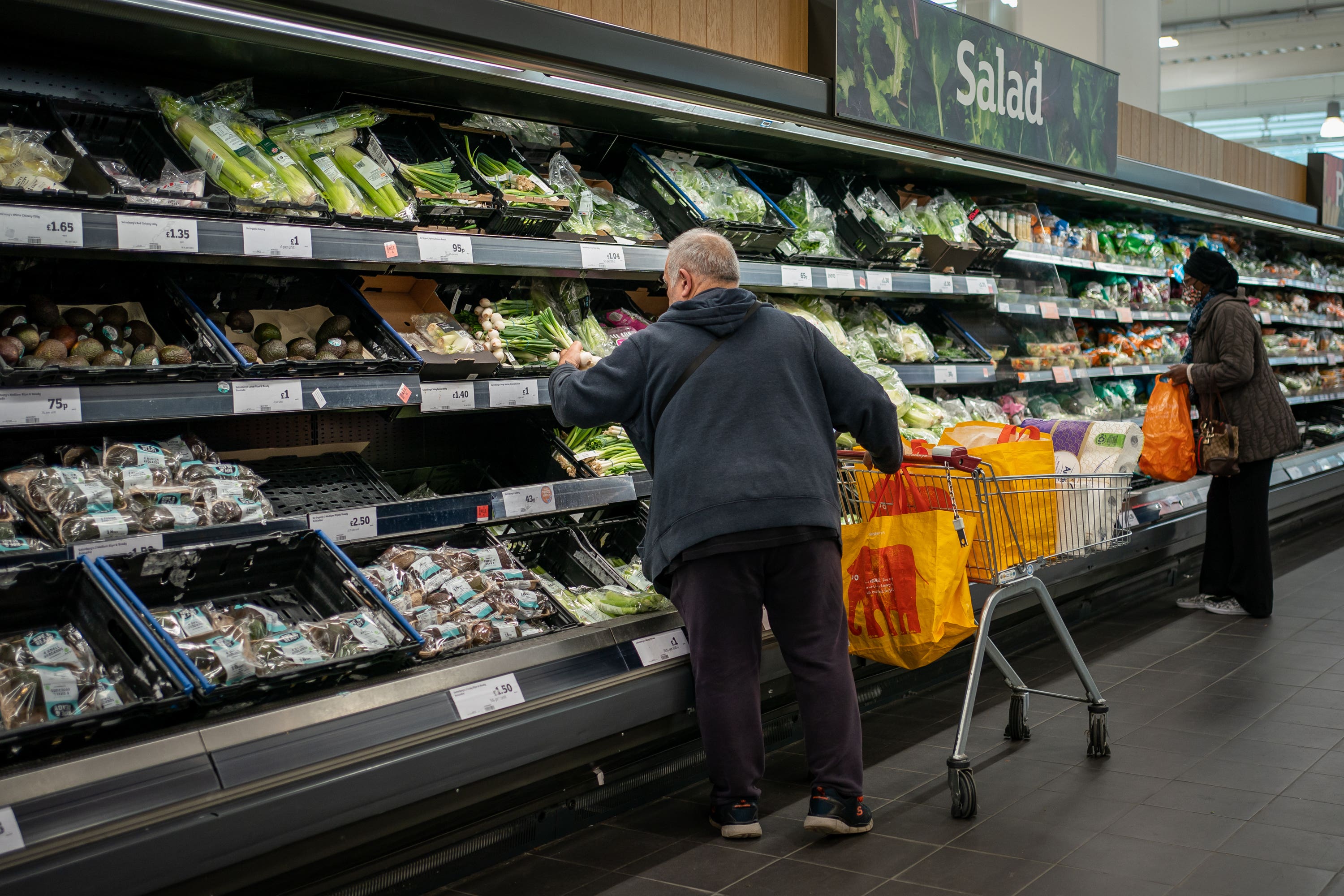Workers £11,000 worse off a year due to stagnant wages – Resolution Foundation
Typical UK household incomes have fallen further behind those in Germany.

Your support helps us to tell the story
From reproductive rights to climate change to Big Tech, The Independent is on the ground when the story is developing. Whether it's investigating the financials of Elon Musk's pro-Trump PAC or producing our latest documentary, 'The A Word', which shines a light on the American women fighting for reproductive rights, we know how important it is to parse out the facts from the messaging.
At such a critical moment in US history, we need reporters on the ground. Your donation allows us to keep sending journalists to speak to both sides of the story.
The Independent is trusted by Americans across the entire political spectrum. And unlike many other quality news outlets, we choose not to lock Americans out of our reporting and analysis with paywalls. We believe quality journalism should be available to everyone, paid for by those who can afford it.
Your support makes all the difference.Workers are £11,000 worse off per year due to 15 years of wage stagnation, according to the Resolution Foundation.
In new figures shared with BBC Panorama, the think tank calculated that, had wages continued to grow at the pace seen before the 2008 financial crash, the average worker would make £11,000 more per year than they do now, taking rising prices into account.
Torsten Bell, chief executive of the Resolution Foundation, told the BBC the wage stagnation of the past 15 years is “almost completely unprecedented”.
He said: “Nobody who’s alive and working in the British economy today has ever seen anything like this.
“This is definitely not what normal looks like. This is what failure looks like.”
The think tank also found typical UK household incomes have fallen further behind those in Germany: in 2008, the gap was more than £500 a year, now it is £4,000.
A Treasury spokesman told the broadcaster the Government was increasing incentives for investment and signalled low unemployment – as well as its plan to increase growth – as signs the country was on the right track.